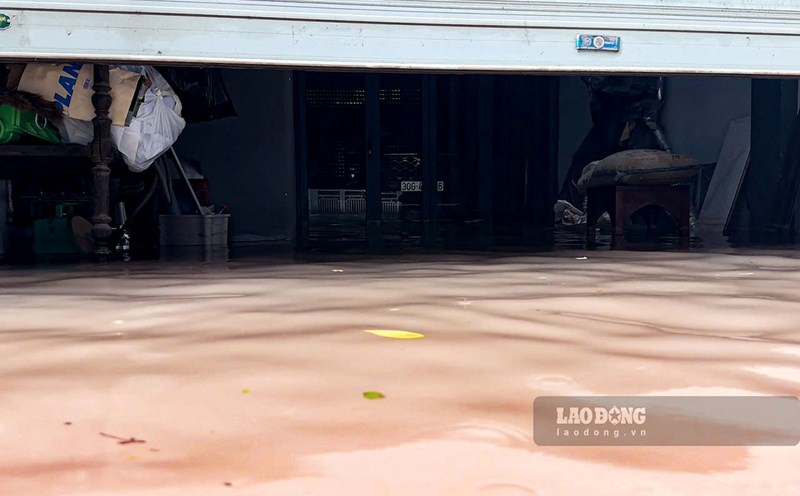According to USDA data (US Department of Agriculture), 100g of red bell peppers contain up to 127 mg of vitamin C, more than twice as much as oranges.
Vitamin C not only increases resistance but also helps increase the excretion of uric acid through urine, thanks to stimulating kidney function more effectively.
A study published in Arthritis Care & Research (2023) by the University of Boston that followed more than 47,000 men for 20 years showed that those who supplemented at least 500 mg of vitamin C per day had a 37% lower risk of gout than the rest.
You can prepare 3 dishes from bell peppers to effectively lower uric acid:
bell pepper and broccoli salad
This is a dish that is both refreshing and rich in antioxidants. Broccoli provides sulforaphane, a compound that helps reduce inflammation and protect liver cells - an organ involved in the metabolism of purine (the precursor to uric acid).
How to make: Mix sliced red, yellow and green bell peppers with kale, olive oil, apple cider vinegar and chia seeds. This salad can be eaten at noon or evening, helping to purify and reduce inflammation.
Steamed jelly bean bell peppers
Tofu is rich in isoflavones and easily digestible plant proteins, helping to replace animal protein sources, which increase purine levels. When combined with bell peppers, the dish is both rich in vitamin C and limits the formation of uric acid.
How to make: Cut the bell peppers in half, remove the seeds, stuff the tofu, mushroom and fried onions, steam until done. Do not fried to avoid increasing saturated fat that is harmful to the kidneys.
bell pepper soup, tomatoes and celery
A light soup, rich in vitamin C and electrolytes, helps balance the alkaline environment in the blood, supporting the excretion of uric acid.
Tomatoes and celery in soup also contain lycopene and apigenin, substances that have strong anti-inflammatory and antioxidant effects. This dish should be eaten at dinner, both to relieve the stomach and help the liver and kidneys function effectively during the night detoxification process.
Although bell peppers are very good, they should not eat more than 200300g per day. People with sensitive stomachs should choose red ripe bell peppers instead of green, because they are less irritating. At the same time, you need to drink enough water (2-2.5 liters/day) to support the excretion of uric acid through urine.
Experts from the World Arthritis Foundation also recommend combining a diet rich in vitamin C with a healthy lifestyle: limiting alcohol, red meat, organs and increasing green vegetables, getting enough sleep, and exercising regularly.











